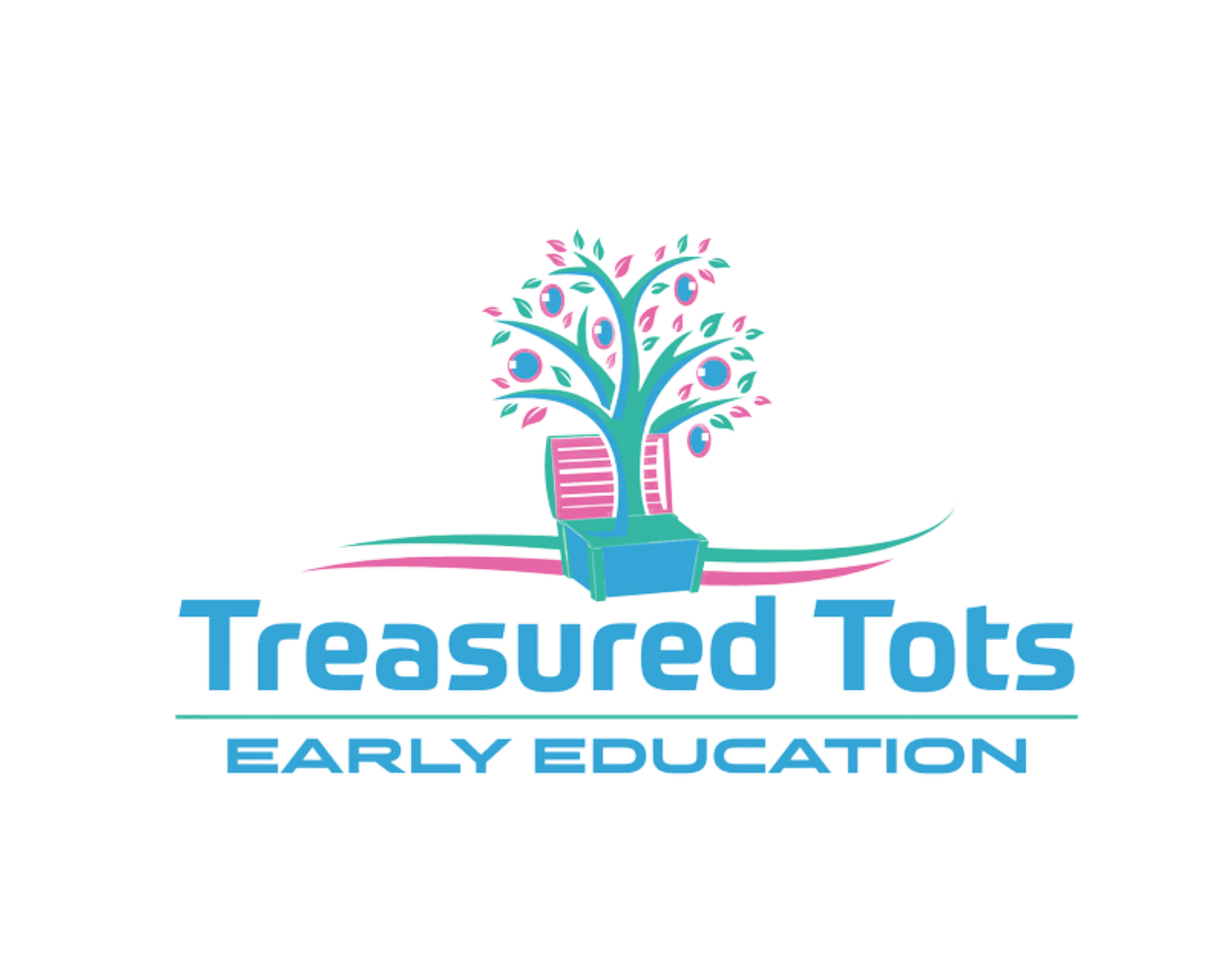Discover Why Imaginative Play Is So Important For Early Childhood Development
‘Children learn as they play. Most importantly, in play, children learn how to learn’
O Fred Donaldson – Internationally recognised play specialist
Children playing together is so much more than just fun and games.
At face value, the sights and sounds of little people playing together looks like the carefree joy of youth, but the reality is that there’s nothing trivial about child’s play. Imaginary or pretend play is essential for a child’s healthy development as it presents important opportunities to foster a wide range of physical, cognitive, language, social and emotional skills.
Whether they’re turning a cardboard box into a racing car, acting out their favourite bedtime story, playing superheroes using props found in the garden or preparing a meal from mud and leaves, children are developing crucial life skills every time they engage in imaginative play.
What is imaginative play?
Imaginative play is often also referred to as make-believe play, pretend-play or role-play. It’s really about children acting out situations they may already have experienced or heard about or role-playing scenarios that interest them. The play is driven by the children’s imaginations and they combine their existing knowledge with their innate curiosity to explore new ideas.
Improvisation is a key element of imaginative play and ordinary objects and materials are transformed into props which enable them to discover a dinosaur, slay a dragon, conquer the world, cook up a storm, treat a sick patient, become a fairy princess and so on. Whether the scenario is magical and mystical or rooted in real-life, the possibilities for play are infinite.
Imaginative play is widely regarded by education experts to be a key driver of learning.
Because it’s ‘free play’ with no adult-directed process or outcome, kids can simply be kids. Children direct their own journeys of discovery by using their creative minds, becoming more confident and involved learners along the way.
Key benefits of imaginary play
Physical. Free play often involves a range of movement (jumping, crawling, skipping, picking up objects etc) which is great for developing a child’s gross and fine motor skills. Kids may also be more inclined to try new types of movement and use different muscle groups when they’re pretending to be someone or something else (eg pretending to be a monkey and climb a tree or imagining they are a hopping kangaroo).
Emotional. Pretend play can help a child understand and regulate their emotions and it can reinforce positive concepts like empathy, tolerance and kindness.
Social. Ever watched a group of children working out an imaginary game? Establishing the rules of the game can take far longer than the game itself but all the while, the children are connecting and relating to each other. As their social skills improve (taking turns, sharing, negotiating, team work etc), their self-confidence improves and their ability to form relationships increases. Imaginative play helps young children express themselves in a healthy way, plus it encourages independence.
Cognitive. Fantasy play not only helps children become more creative thinkers, it can also help them develop other vital cognitive skills such as problem-solving and logical thinking. After all, you need to pay close attention when you’re working out how you and your superhero friends are going to slay the dragon (while probably wearing teatowels as capes and brandishing bananas masquerading as magical sabres!)
Language. Children communicate when they play and their conversations often involve new words and phrases when they’re pretending to be someone else or narrating an imaginary scenario.
Why you should promote imaginative play at home and at school
Anyone can be involved in make-believe play, regardless of age, stage and ability. It’s inclusive and provided the environment is safe, suitable and supportive, there are no limits to the children’s creativity and imaginations both at home and at school.
And while imaginative play is about children improvising, imagining, creating, discovering and exploring, the experience delivers long-term benefits than can set children up for a happier, more fulfilled life. That’s why you’ll find that imaginative play is at the heart of all quality childcare and early education centres and it should be part of daily life in every family home.
For more information contact us or book a tour of any of our wonderful centres in Mandurah, Bibra Lake, Fremantle, Piara Waters, Hamersley, Bennett Springs and Bicton to ensure our management team are available to show you around and answer any questions.

